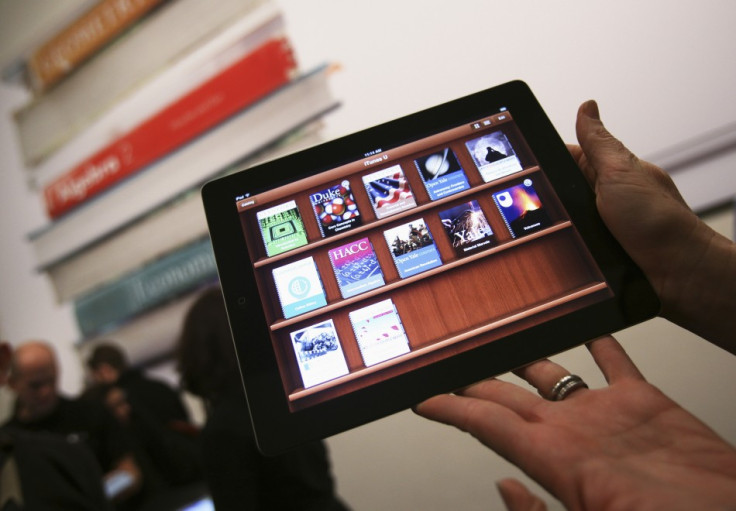Apple Developing System For Reselling and Loaning iTunes Content
Apple is developing a way for customers to sell or lend content they have downloaded from the iTunes store to other users, a recent filing to the US Patent & Trademark Office has revealed.

Filed on 7 March and credited to Apple employees Eliza Block and Marcel Van Os, the patent details a system whereby customers could sell used digital content to others, with the creator of the content - such as a record label or author - getting a cut of the sale.
The patent explains: "Techniques are provided for managing access to digital content items. In particular, various techniques are described herein to enable an authorised transfer of a digital content item from a current owner of a digital content item (the 'transferor') to a new owner of the digital content item (the 'transferee')...a 'digital content item' is any item that can be stored in a digital format, including but not limited to an ebook, music, movie, game, software application, ringtone, TV show, or audio book."
Just last month, Amazon filed a similar patent describing a way to sell or loan Kindle ebooks to other users once you have read them, although this revolves around a central marketplace instead of the more direct route from one user to another suggested by Apple.
The proposed system would be attractive to consumers looking for cheaper content - and of course digital files don't wear as physical books and discs might - but the entertainment industry may be less keen at the idea of its content selling for less than the recommended retail price.
To this end, Apple's patent adds: "A portion of the proceeds of the 'resale' may be paid to the creator or publisher of the digital content item and/or the entity that originally sold the digital content item to the original owner."
The system would give content makers the flexibility to choose how soon an item can be sold secondhand after release, and for how much. For example, a record label can stipulate that an album cannot be resold for two months after initial release, and for no less than 80 percent of the original price; the creator can also decide if a cut of the sale is returned to themselves, Apple, the original owner, or all three.
Every digital download sold by Apple through its iTunes, App and iBooks stores would keep a record of who owns it, giving them the sole right to consume the file. Selling the download to another user would make a change to this embedded information, transferring rights to the second user and preventing the original buyer from accessing the file.
This way the file can be passed from one user to another, but it can only be consumed by one at a time, preventing the duplication of copyrighted material.
Apple files many patents for products and services which never see the light of day, but this at least shows the company is researching ways to offer more flexibility with the ownership of digital goods.
© Copyright IBTimes 2025. All rights reserved.






















